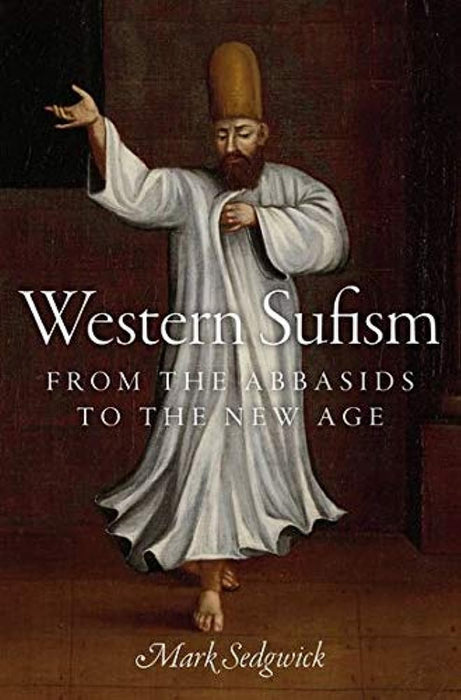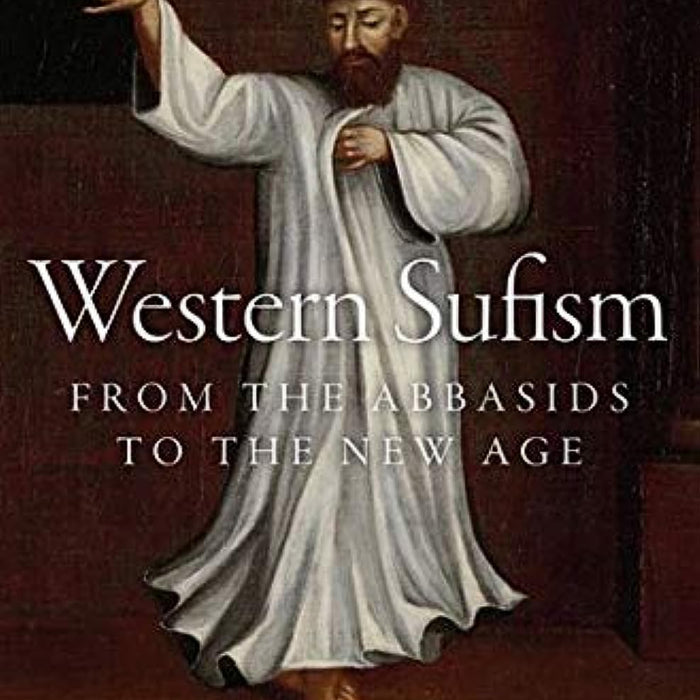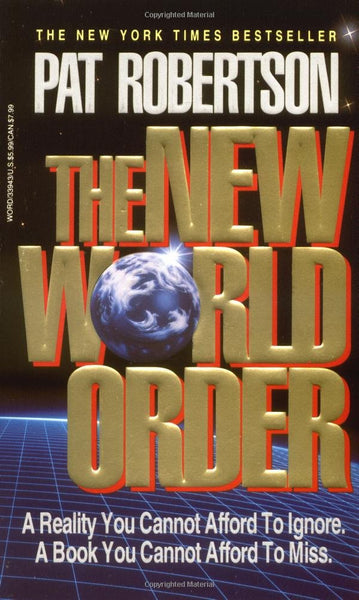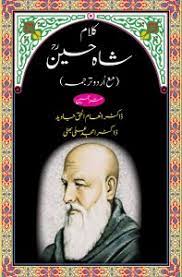Western Sufism: From the Abbasids to the New Age by Mark Sedgwick (Author)
- Publisher: POLITICAL SCIENCE
- Availability: In Stock
- SKU: 56808
- Number of Pages: 368
Rs.550.00
Rs.745.00
Tags: A + Quality , A Plus Quality , Abbasid Era , best books , Best Price , Best Selling Books , Comparative Religion , Esoteric Islam , From the Abbasids to the New Age , History of Mysticism , History of Sufism , Islamic Mystical Movements , Islamic Philosophy , Mark Sedgwick , Mystical Traditions , Mysticism and Philosophy , New Age Spirituality , ONLINE BOOKS , Online Bookshop , Philosophy of Religion , Religious Studies , Rumi and Sufism , Self-Realization , Spiritual Awakening , Spirituality , Sufi Influence in the West , Sufi Masters , Sufi Orders , Sufi Practices , Sufism and Meditation , Sufism and Modernity , Sufism and Psychology , Sufism and Western Thought , Sufism in the West , Transcendental Wisdom , Western Esotericism , Western Sufism
Western Sufism: From the Abbasids to the New Age by Mark Sedgwick (Author)
A + Quality
Introduction
Western Sufism: From the Abbasids to the New Age by Mark Sedgwick is a groundbreaking exploration of how Sufism, the mystical dimension of Islam, evolved and adapted in Western contexts. Tracing its journey from its early roots during the Abbasid era to its influence in modern spiritual movements, the book examines how Sufi philosophy and practices were interpreted, reshaped, and integrated into Western thought. Sedgwick provides a detailed historical analysis of Sufism’s interactions with Western esotericism, philosophy, and New Age spirituality, offering valuable insights into the transformation of Islamic mysticism beyond the Muslim world.
Key Points
1. Historical Development of Sufism
- Explores the origins of Sufism during the Abbasid era and its foundational principles.
- Examines key Sufi figures and their contributions to Islamic mysticism.
2. Sufism’s Encounter with the West
- Discusses how Sufism was introduced to Europe through translations and interactions with Islamic scholars.
- Highlights its influence on Western intellectual traditions, including Romanticism and transcendentalism.
3. The Rise of Westernized Sufi Movements
- Analyzes the emergence of Sufi-inspired spiritual movements outside of Islam.
- Investigates figures such as René Guénon and the development of Sufi orders in non-Muslim contexts.
4. Sufism in the New Age and Modern Spirituality
- Examines how Sufi ideas have been adapted into contemporary self-help, meditation, and mindfulness practices.
- Discusses the commercialization and reinterpretation of Sufi teachings in modern spirituality.
5. The Debate Over Authenticity and Adaptation
- Addresses tensions between traditional Islamic Sufism and its Western adaptations.
- Explores questions of cultural appropriation, religious syncretism, and the role of Sufism in global spirituality.
Why Read This Book?
- Provides a comprehensive history of Sufism’s evolution from the Islamic world to the West.
- Offers deep insights into the interaction between Eastern and Western spiritual traditions.
- Examines contemporary issues surrounding the adaptation and commercialization of Sufi teachings.
- Essential reading for scholars, students, and anyone interested in mysticism, philosophy, and comparative religion.
Conclusion
Western Sufism: From the Abbasids to the New Age is a thought-provoking and meticulously researched book that sheds light on how Sufism has transcended its Islamic origins to become a global spiritual phenomenon. Mark Sedgwick masterfully navigates the complexities of its historical journey, making this an essential resource for anyone interested in the evolution of mystical traditions and their impact on modern spirituality.























